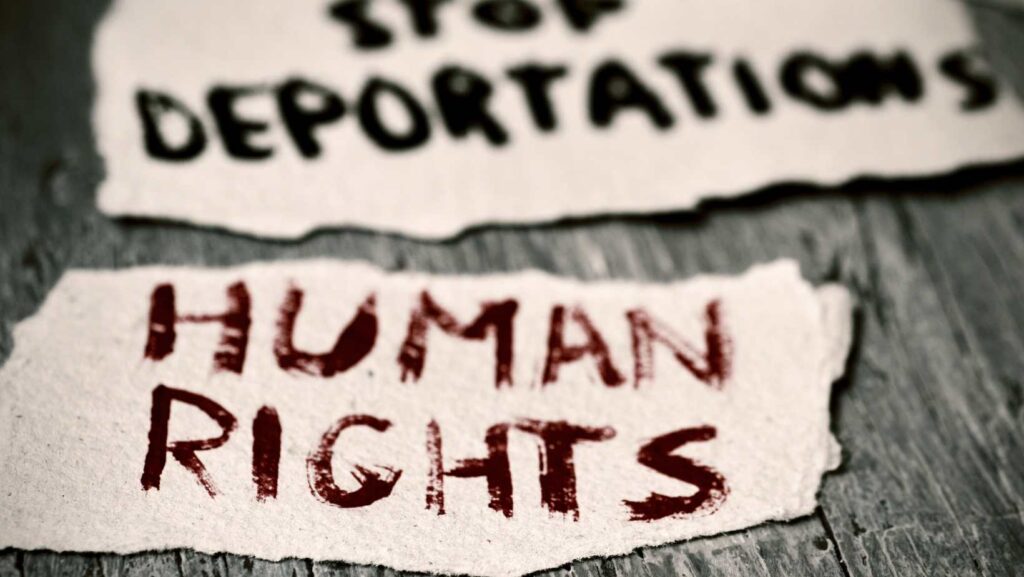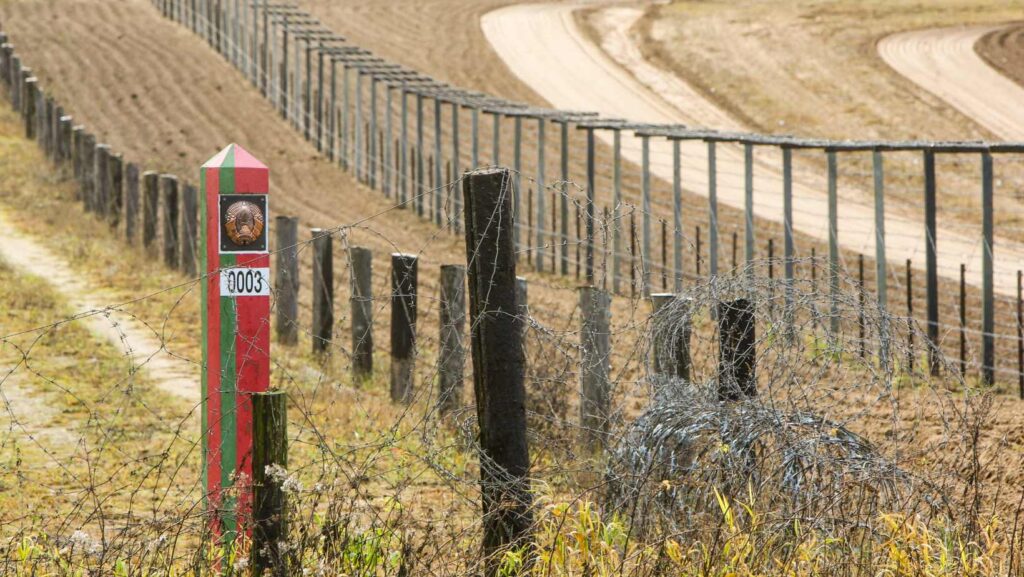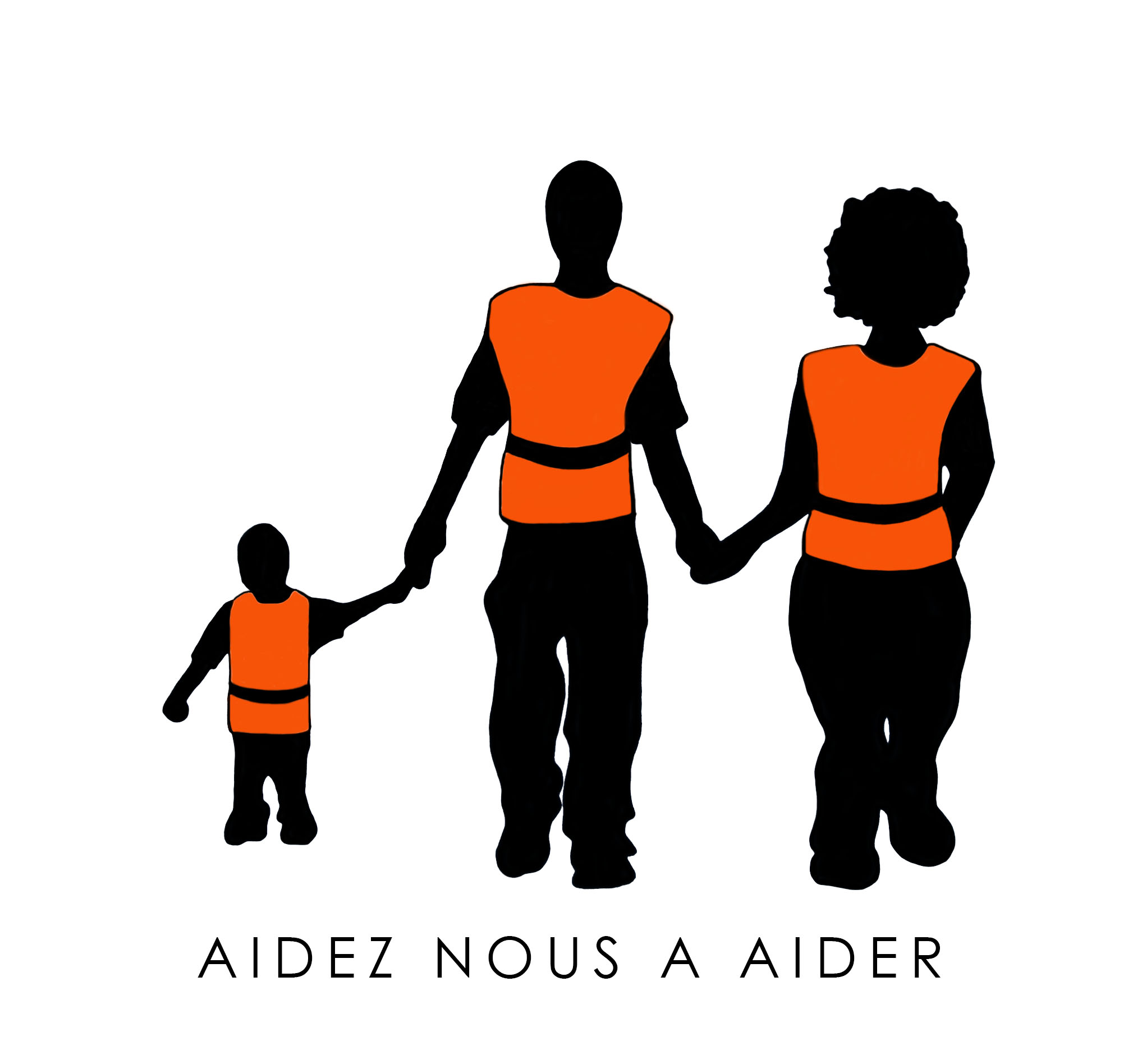In the intricate tapestry of migration dynamics, the concept of pushback emerges as a crucial phenomenon, especially within the context of Morocco. Understanding pushbacks entails delving into the various forms of resistance and impediments that migrants encounter as they navigate through or attempt to settle within Moroccan territory.
At its core, a pushback refers to the deliberate efforts or systemic mechanisms aimed at deterring or hindering the movement, settlement, or rights of migrants. This encompasses a broad spectrum of actions and policies, ranging from legal barriers and bureaucratic hurdles to outright discrimination and violence.
For migrants in Morocco, the experience of pushbacks is multifaceted, deeply impacting their journey and shaping their paths in significant ways. Among the most palpable manifestations of pushbacks is the ordeal faced at the borders. Here, migrants are confronted with a host of stringent border control measures, creating formidable barriers to their onward movement.
These measures encompass heightened surveillance, where migrants find themselves under constant scrutiny and monitoring by border authorities. Such surveillance intensifies the sense of vulnerability and apprehension among migrants, amplifying the challenges they face in navigating through unfamiliar territories.

Moreover, detention emerges as a stark reality for many migrants attempting to cross into or reside within Moroccan borders. Upon interception by authorities, migrants often find themselves detained in overcrowded and substandard facilities, devoid of basic amenities and legal recourse. The experience of detention not only strips migrants of their freedom but also subjects them to conditions that are dehumanizing and fraught with uncertainty.
Deportation looms ominously over migrants as a consequence of pushback operations orchestrated by authorities. These operations involve the forcible repulsion or expulsion of migrants across borders, depriving them of the opportunity to seek asylum or access legal channels of migration. For migrants who have endured arduous journeys and perilous circumstances, deportation represents a devastating setback, extinguishing their hopes of finding safety and stability.
Additionally, migrants in Morocco may encounter pushbacks in urban settings, where they often grapple with socio-economic marginalization, discrimination, and exploitation. Limited access to basic services such as healthcare, education, and housing further compounds their vulnerabilities, pushing them to the fringes of society.
The pushback experience for migrants in Morocco is also intertwined with broader geopolitical dynamics, particularly in the context of migration routes and transit hubs. As a key transit country for migrants seeking to reach Europe, Morocco’s policies and practices regarding migration management can significantly impact the journey and prospects of migrants passing through its territory.
Moreover, the phenomenon of refoulement, a term derived from French meaning “to turn back,” encapsulates a deeply troubling aspect of pushback experienced by refugees and asylum seekers in Morocco. Refoulement involves the forcible return of individuals to countries where they could face persecution, torture, or other serious human rights violations. It stands as a blatant violation of international law and humanitarian principles, particularly the fundamental right to seek asylum and the principle of non-refoulement enshrined in various international treaties and conventions.
Despite the unequivocal legal obligations binding on states to uphold the principle of non-refoulement, instances of refoulement persist, casting a shadow over the protection of vulnerable migrants in Morocco. These instances often occur in the context of bilateral agreements or informal arrangements between countries, where refugees and asylum seekers are returned to neighboring countries or regions, irrespective of the risks awaiting them.
For refugees and asylum seekers in Morocco, the threat of refoulement adds a layer of fear and uncertainty to their already precarious situation. It undermines their right to seek refuge and protection, exposing them to further harm and persecution. Moreover, the lack of adequate legal mechanisms and safeguards exacerbates their vulnerability, leaving them with few avenues for redress or protection against refoulement.

The persistence of refoulement reflects broader challenges in the global asylum system, including gaps in legal protection, inadequate implementation of international refugee law, and political considerations that prioritize border security over human rights. Addressing the root causes of refoulement requires concerted efforts by states to uphold their obligations under international law, strengthen refugee protection mechanisms, and ensure accountability for violations.
The pushback experience for migrants in Morocco underscores the urgent need for comprehensive and rights-based approaches to migration governance. Efforts to address the root causes of pushbacks, including structural inequalities, human rights abuses, and geopolitical tensions, are crucial for fostering a more inclusive and equitable society where the rights and dignity of all migrants are respected and protected.
In conclusion, pushbacks represent a formidable challenge for migrants in Morocco, shaping their experiences and trajectories in profound ways. By recognizing and addressing the underlying drivers of pushbacks, stakeholders can work towards creating a more just and humane migration system that upholds the rights and dignity of all individuals, leaving no one behind.

